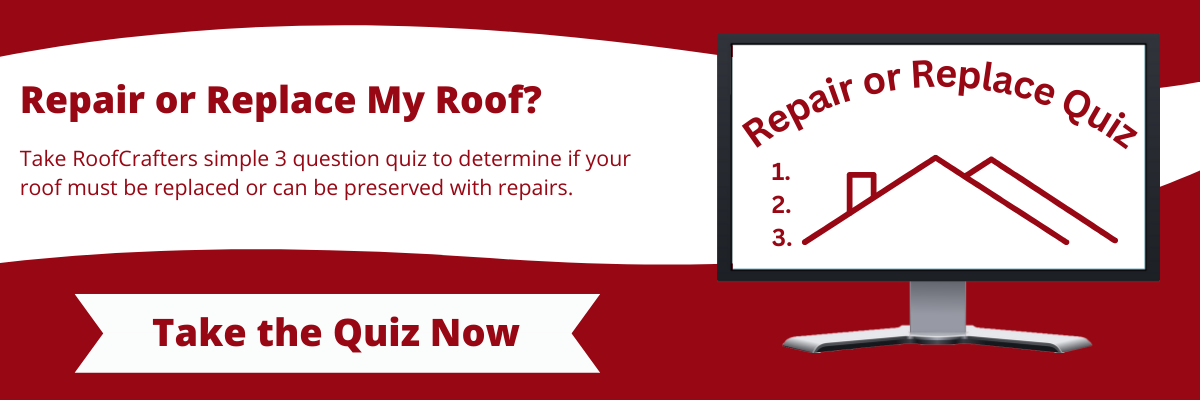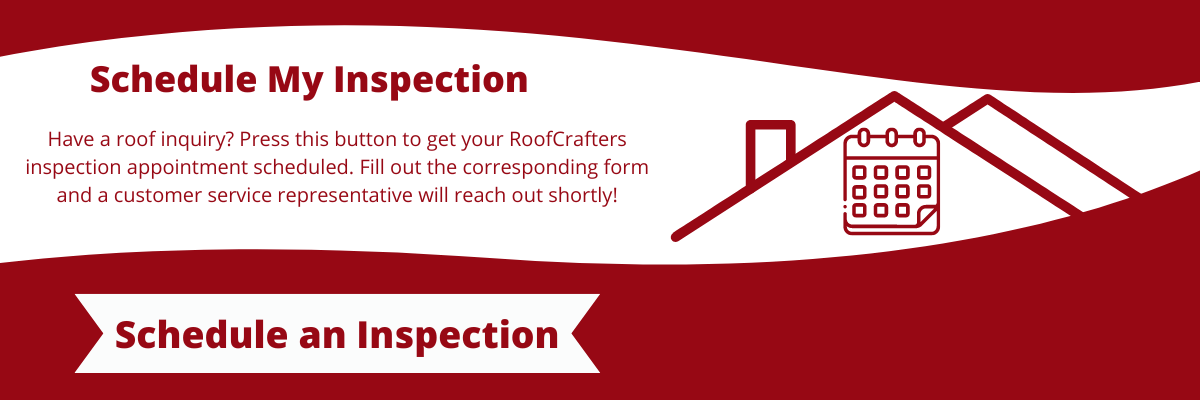Deciding Between Roof Repair or Replacement: A Homeowner's Guide
January , 2024 | 11 min. read
By Kevin Mills
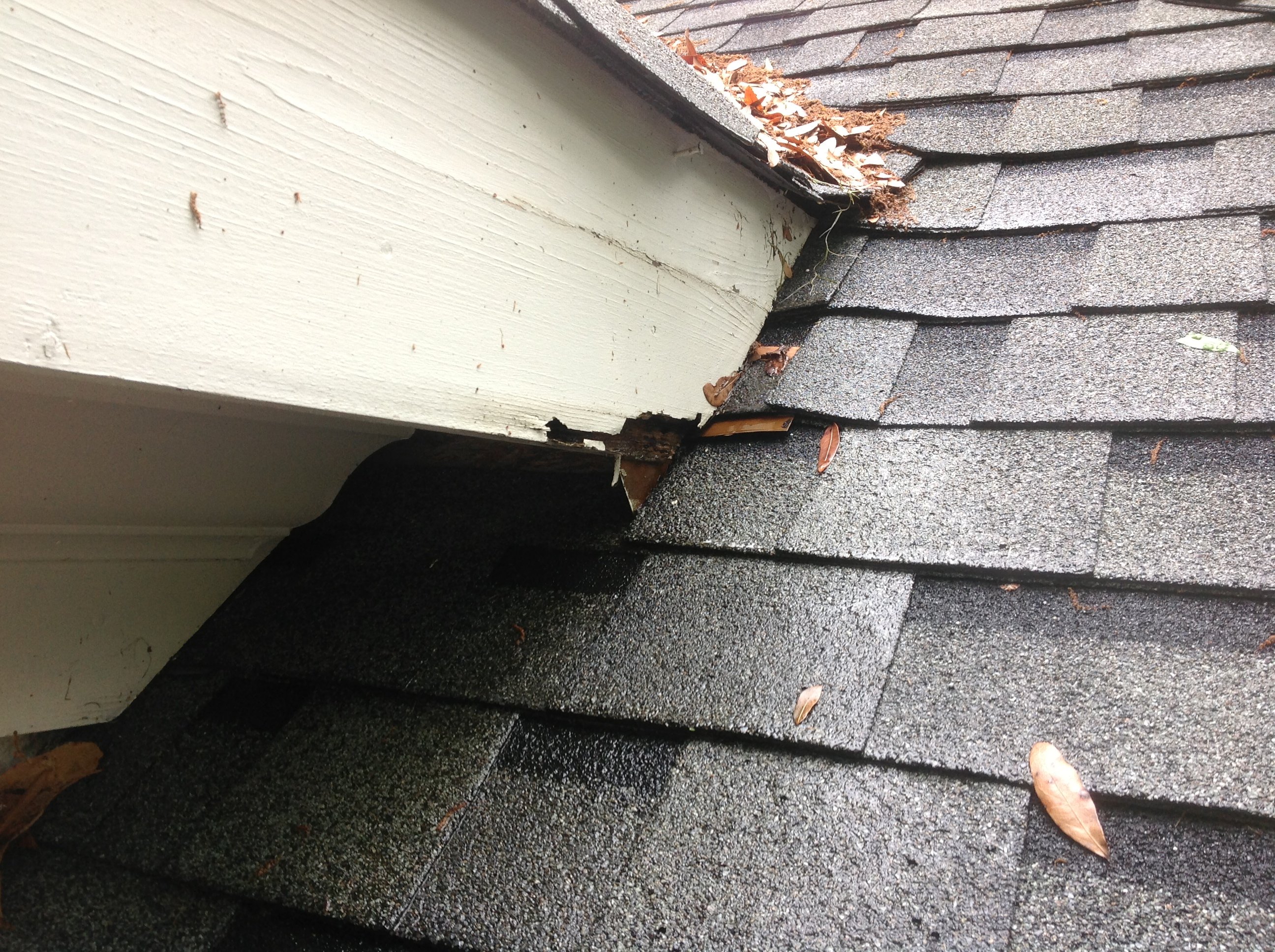
Our roofs often face harsh weather conditions throughout the year, so it is natural for them to wear out over time. Even with regular maintenance and inspections, you will need to replace your roof at some point. Deciphering between a simple repair, or a new roof installation is no easy feat.
As a homeowner, you have enough on your plate to worry about. Leave the big roofing decisions up to the experts. At RoofCrafters, we have 30 years of experience repairing and replacing roofs, so we know a thing or two about aging roofs. Now we want to share our knowledge with you.
We’re glad you’re here to learn more about if you should repair your roof, or you should take the plunge into a roof replacement. We know this can be a big pill to swallow, so we broke it down for you. In this article, you’ll learn when you should repair your roof, when it may need a replacement, and the components that affect these outcomes. Let’s jump right in!
Evaluating Your Roof's Age: Repair or Replace?
Sadly, your roof is not immortal. We all wish that they’d last forever so we don’t have to worry about any big home improvement projects for the foreseeable future, but they simply don’t. After their golden years are over, you need to have them replaced. While some materials are more durable and last longer than others, eventually, you’ll still need to replace your roof.
Your roof may be savable with a few minor repairs, though. The components that affect the outcome of your decision to repair or replace include:
Roofing Lifespan and Material Durability
One of the key factors in determining whether you should repair or replace your roof is aging roof signs. Ultimately, you should be thinking about replacing your roof when it nears the end of its expected lifespan, even if it appears to be in good condition. The roof lifespan is the ultimate factor.
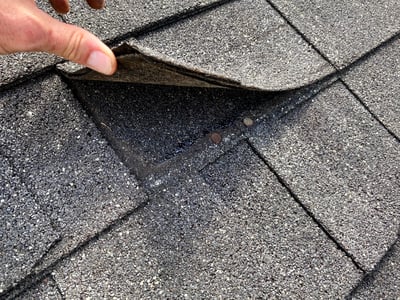
Old roofs have a greater likelihood of failing and causing interior leaks, which can cause high repair costs down the line and even create more serious problems, such as harmful mold and wood rot.
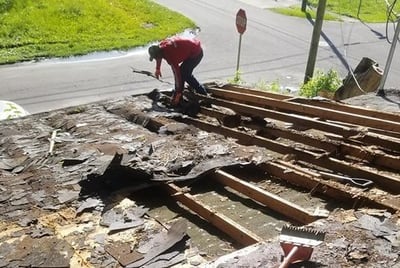
You should start thinking about getting a new roof when it reaches the 15- 20-year mark. That is if you have asphalt shingles. Even insurance companies offer little or no coverage for roofs older than 15-20 years old.
Let's suppose you have invested in a premium roofing material such as metal roofing instead of shingles. In that case, you will not require a roof replacement as often because the metal roofing installed properly is durable and could last over 50 years. Roofing material durability plays a key factor.
Assessing Repair Frequency: When Enough is Enough
It sounds redundant, but if your roof has been repaired a few too many times, continuing down that road is like putting a Band-Aid on a broken leg. Sure, it’s well-intentioned and you’re only trying to fix your roof, but one too many repairs oftentimes mean it's time for a replacement.
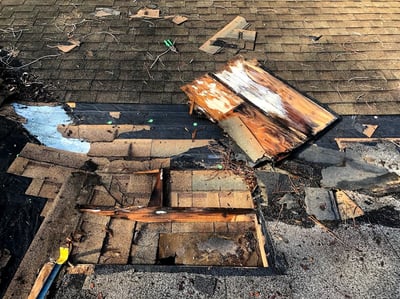
If your roof is developing leaks frequently, it indicates a problem with the roof or faulty installation, making it unsafe. We recommend contacting a credible roofing contractor to inspect the roof and come up with a decision together. This will save you time and money.
Some signs of damage show up inside the house on the ceiling, while others could be in the attic under the wood decking. For example, if your ceiling keeps sagging, gets discolored, or the paint peels away repeatedly, you might have a roof leak that has caused severe damage and will require replacing the entire roof.
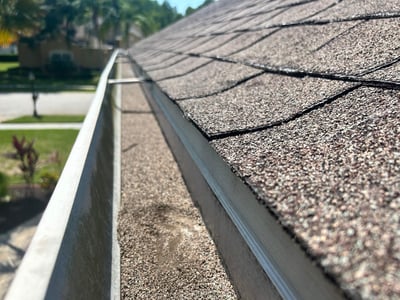
Other signs such as extensive granule loss might be visible on the roof’s surface and cause significant loss of life to the shingles. To prevent roof leaks from damaging the inside of your home, you might need a new roof.
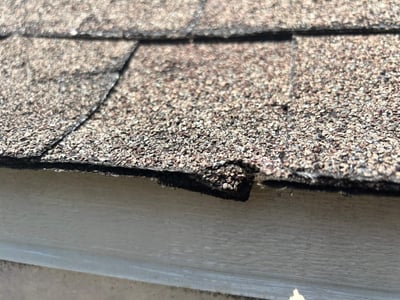
A roof with cracks is a bad roof because it allows moisture, debris, and pests to enter your home which can often cost a lot of money to resolve. If your roof is cracked or has missing granules or curled shingles, you should call a roofer and get the roof inspected. Any rust on the chimney flashing or rusted roofing nails could indicate that the roof is compromised and may need to be replaced.
The Impact of Improper Installation on Roof Longevity
Saving money on a roofing job is probably not the best idea. While it may seem like you are saving some money during installation, contractors charge according to their expertise and skillset. A cheap roof quote most often means cheap work.
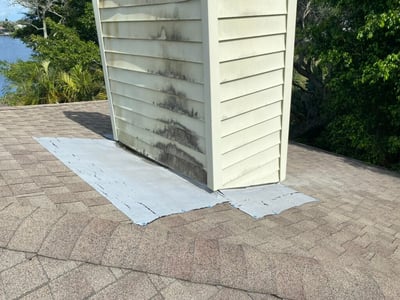
An inexpensive contractor will get the job done for less money, but you are likely to pay more for repairs and maintenance in the long run. Remember, insurance does not cover improperly installed roofs.
Analyzing Roof Damage: Minor Fixes vs. Major Overhauls
Regardless of how new your roof is, external factors such as strong winds, rain, hail, fallen tree limbs, or fires can be extremely destructive. After any incident, call a roofer to get a roof damage assessment and they can guide you on your next steps.
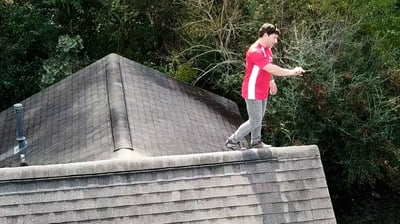
In this case, a contractor should be able to repair small damage such as strong winds blowing off a few shingles. However, large-scale roof structural damage will require you to replace the whole roof. Keep in mind, If you decide to do extensive roof repairs, it may results in poor integrity of the roof system and increases the possibility of more problems down the line.
The Role of Regular Roof Maintenance in Preventing Major Repairs
Depending on your maintenance schedule and how promptly you address any roof problems, you may only need a minor repair instead of a total replacement. More often than not a small roof repair will buy years of time. Here are a few things to consider:
1. When Was Your Last Inspection?
You should contact a roofer to inspect your roof bi-annually to check for any problems and address them promptly. Additionally, you should conduct visual inspections yourself to monitor any significant impact damage or mold growth to diagnose potential problems preemptively.
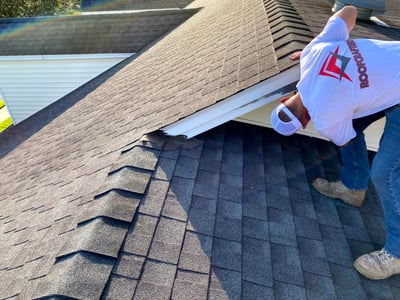
Regular inspections can save you from a world of hurt. When you catch roof damage in its early stages, you can get away with repairing the damage, and not needing a replacement.
2. How Often Do You Clean Your Roof?
Debris accumulates on your roof and causes all sorts of problems. Not only does it trap water, but it also adds more weight to your roof which can cause leaks. Neglecting a roof maintenance schedule can be detrimental to your roof. We'd recommend you concider having it cleaned to remove any debris trapped on the roof or in the gutters.
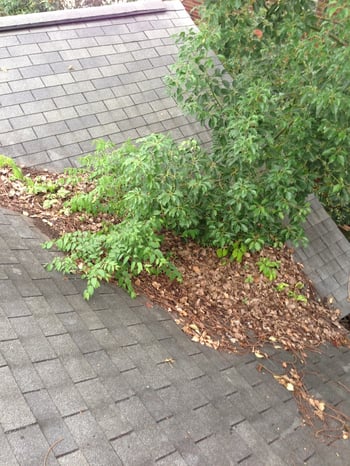
Doing preventive roof care clears blockages and allows the water to drain off easily instead of pooling and backing up on your roof. A clean roof, equals fewer repairs, and will prevent an early or premature roof replacement.
3. General Wear and Tear
General wear and tear often leads to unseen roof damage. More often than not, this is out of our control. Regardless of what type of roof you have, it is inevitable that you will need to call a contractor to repair your roof at some point or another.
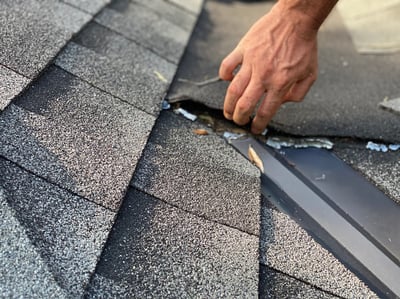
If you notice any damage, you should schedule an inspection promptly, because leaving problems unaddressed leads to higher repair costs in the long run or even a necessary replacement. Always invest in a credible and experienced roofer with a history of delivering great results.
Making the Final Call: Repair or Roof Replacement?
Deciding between roof repair and replacement is not just about fixing immediate issues. It's about planning for your home's future.
Here's how to make that crucial decision:
- Assess the Overall Condition: Begin by evaluating the general condition of your roof. If it’s showing signs of widespread wear or nearing the end of its lifespan, a replacement might be cheaper in the long run. Look for signs like widespread shingle damage, persistent leaks, or structural sagging.
- Consider the Cost Implications: While repairs can be less costly upfront, repeated fixes can add up. A new roof, though a larger investment initially, often offers greater value over time. Compare the estimated costs of ongoing repairs against the one-time expense of a replacement.
- Think About Long-Term Plans: If you're planning to stay in your home for many years, investing in a new roof could be a wise decision for long-term comfort and peace of mind. However, if you're considering moving soon, a full replacement might not offer the best return on investment.
- Factor in Energy Efficiency: New roofing materials offer improved energy efficiency. If your current roof is old and inefficient, replacing it could lead to significant savings on your energy bills.
- Check for Extensive Damage: Extensive damage that affects more than just the surface, such as problems with the roof deck or insulation, usually necessitates a full replacement.
- Consult with Roofing Professionals: The most reliable way to make this decision is by consulting with experienced roofing professionals. A reputable contractor like RoofCrafters can provide a thorough inspection and offer an expert opinion on the best course of action for your specific situation.
- Review Warranties and Insurance: Consider existing warranties on your current roof and the warranties offered on new roofing systems. Also, check with your insurance to see what they cover in cases of roof repair or replacement.
In conclusion, you should determine your roof's current state to decide whether to repair or replace it. Consider your financial situation and future plans for your home. Remember, this decision impacts not just the roof over your head, but also the safety, efficiency, and value of your home.
Ready to Decide? Consult with RoofCrafters Today
In a perfect world, you could make this decision on a whim and jumpstart your next roofing project. By now, you’re probably painfully aware of how tough this decision can potentially be. Generally, if your roof damage is small enough, it’s safe to say you can get away with a minor repair.
However, if the damage extends beyond just “small”, normal wear and tear, you may want to concider a complete roof replacement.
Your best bet is to get in contact with a credible roofing contractor to help you make this decision. When you’re ready to schedule your inspection, our family at RoofCrafters will be here to help. You can click the button below and one of our friendly client experience agents will contact you to get started.
If you’d like to learn more about roof repairs and replacements, feel free to browse the extensive resources available to you in our learning center. Knowledge is power, right? We recommend reading “Does Homeowner’s Insurance Cover Roof Repairs?”
My name is Kevin Mills, and I am the lead estimator for RoofCrafters’ Tampa division. I’m originally from Michigan, and I enjoy hunting, fishing, and spending any free time outdoors. What I’m most passionate about, though, is helping business owners and homeowners alike achieve their roofing goals, all while providing a seamless customer journey.




